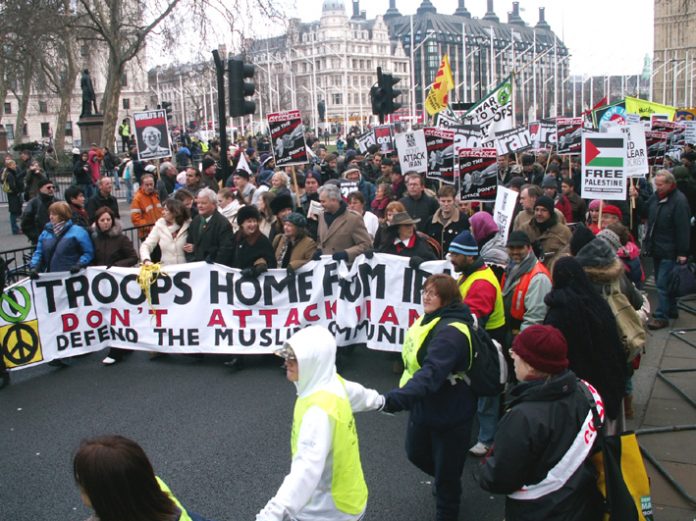
The Royal College of Nursing (RCN) yesterday warned against any ‘quick fix’ plan to keep asthma and heart patients out of hospital ‘just to save money.’
Announcing plans for NHS ‘care in the community’ today Health Secretary Patricia Hewitt is recommending people are treated in their homes to save £400 million a year.
The plan is to cut the number of admissions to hospital for chronic illnesses to cut trust deficits.
But RCN general secretary Dr Beverly Malone warned that there aren’t enough trained staff to cope with such a scheme.
She said: ‘We’re very supportive of care moving from the hospital to the community but there’s got to be the capacity.’
Malone stressed if it is to carry out patient care properly: ‘It’s not a cheaper alternative.’
Hewitt is claiming patients with illnesses like asthma and heart disease could be better cared for by community nurses in their own homes.
Hewitt believes that if admissions can be reduced by 30 per cent, hospitals could make potential savings averaging almost £2.5 million for each primary care trust.
Asthma UK’s chief executive, Donna Covey, confirmed yesterday that there are not enough trained staff in the community.
She said it was important to give sufferers better information when first diagnosed.
Personal action plans help asthma sufferers manage their disease, yet fewer than one in four of the UK’s 5.2m sufferers have one.
Today’s announcement comes in the wake of last Fridays’ notice by University Hospital of North Staffordshire NHS Trust that it plans to axe 1,000 of its 7,000 workforce, including 370 nurses and midwives and 15 consultants, in the face of a government imposed deficit of £17 million.
Hewitt claimed that other ‘efficiency savings’ could be made from increasing the number of day operations carried out by the much reduced labour force, and that this would not worsen the level of patient care.
The RCN responded to trust plans for 750 compulsory redundancies by stating: ‘The Royal College of Nursing will be opposing compulsory redundancies and making every effort with trusts to avoid voluntary redundancies, and looking at other options such as natural wastage to reduce staff numbers.
‘Frontline staff and their union representatives should be involved in any exercise to identify savings before any talk of redundancies.’
It added: ‘But, any decisions about the care patients receive should be based on clinical need and the best options for the patient, and should not be driven by a trust’s need to balance the books.
‘The RCN is very concerned about the impact of deficits on patient care and nursing jobs and has been consistently raising this issue with the government.’
• Second news story
ISRAEL IS STARVING PALESTINIANS
Israel has extended a closure on Palestinian areas, meant to end last Thursday after the Jewish holiday of Purim, barring Palestinian labourers from entering Israel, and shutting down Gaza’s main cargo crossing, Karni, causing a severe shortage in flour supplies.
The Karni closure led the Palestinian Mill Co., which supplies about 60 per cent of Gaza’s flour, to idle last week because it used up its flour stocks. As a result, Palestinians flocked to bakeries in Gaza City, fearing a bread shortage.
The Palestinian National Authority (PNA) Economy Ministry said last Friday it expects bakeries to run out of flour within a few days because of the mill’s shutdown.
The UN Office for the Coordination of Humanitarian Affairs warned last month: ‘Israel’s three-week closure of the Karni crossing, the primary artery used to transport commercial supplies to and from the Gaza Strip, resulted in an estimated loss of $10.5 million.’
The report also predicts dire consequences should Israel carry out its threat to cease the transfer of tax revenue to the PNA which would make it impossible for the PNA to provide basic services.
Due to the large public sector in the territories, non-payment of salaries would leave over 150,000 Palestinian wage-earners, which the UN estimates support 25 per cent of the total Palestinian population, unemployed.
As such, the poverty level in the territories, which currently stands at 64 per cent, would rise even further.